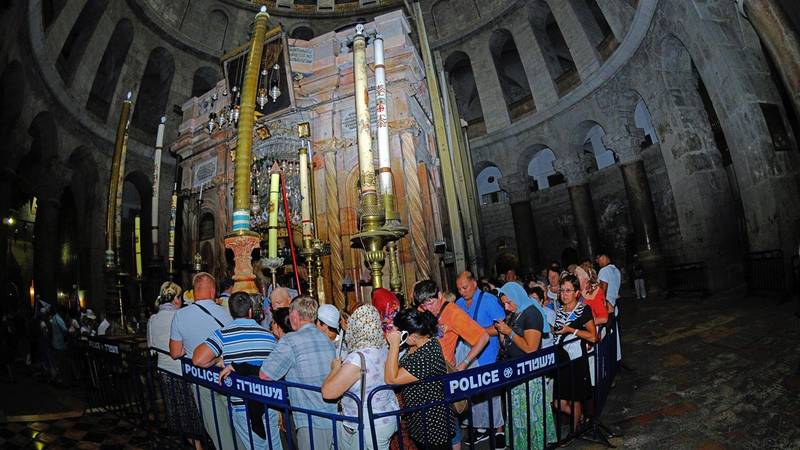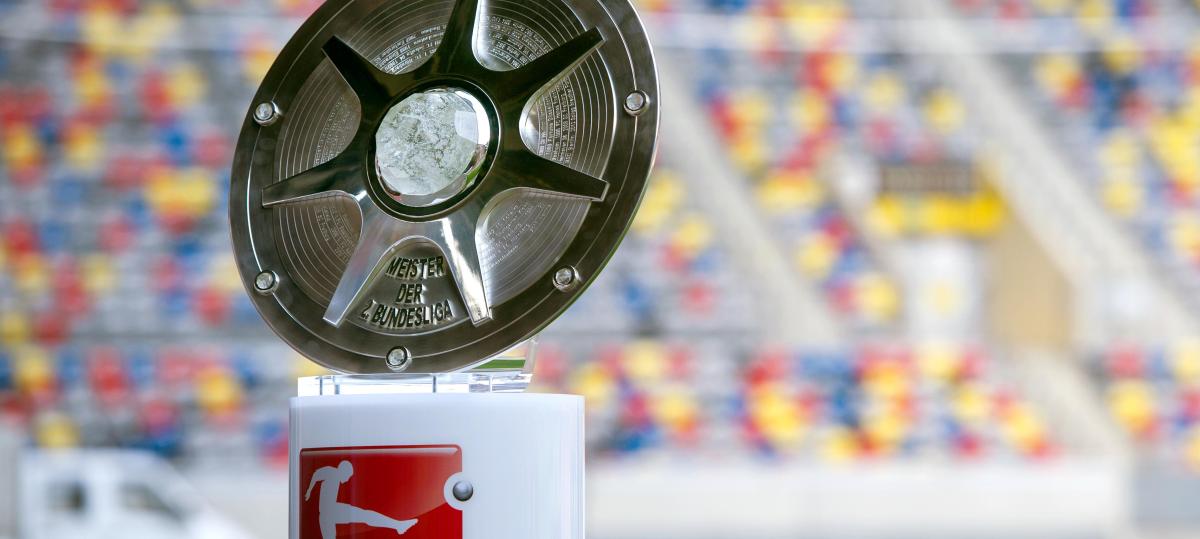in which « NATO » will remain Romania

« The European Military Powers work on a 5-10-year-old plan to replace the US in NATO, » writes Financial Timesciting four anonymous European officials. The United Kingdom, France, Germany and Nordic states want to present this plan to US officials at the NATO summit in June. However, the Financial Times sources show that some European states refuse to join such a project, either because these states believe that the US will not withdraw military from Europe, or out of fear that their joining a European NATO could speed up the US military withdrawal. From the information published by the Financial Times, it turns out that in Europe there is a deaf fight for strategic domination on Central and Eastern Europe. Most likely, the most important states that reluctantly concern the plan of a European NATO are Poland and Romania.
At this moment, the Western European Military Powers have a single plan in the war in Ukraine-they are ready to pay any price not to lose this war by power of attorney, but not to give the impression that they have lost it. At a time when EU’s economic engines no longer work, when Russia’s sanctions have reduced the EU economic competitiveness even more and when Eurosceptic parties are upstream, any image loss for the European project would be devastating. For the moment, the Plan of Salvation of EU image is re -monitoring and creating a European army
The project of a European army is not new, it dates from 1950, from the proposal of the French Prime Minister Rene Pleven for the creation of the European Defense Community. That plan born in France died in the French National Assembly, two years later. Now, the idea is resuscitated and a deaf struggle for the control of the potential European army – which means not only military control, but the economic benefits from the arming and potential interventions in areas where European states would have economic interests. This fight goes not only between Germany and France. The Eurocrats from Brussels want the army to be controlled from the « capital of Europe » and for this they have thrown into play the sum of 800 billion euros for re -armament, by the joint indebtedness of the Member States.
In this struggle for influence, Romania recently sent an important signal, giving a response to the « offer » of France to expand its nuclear umbrella on allies in Europe. Cristian Diaconescu, the counselor for the Security and Defense of the Interim President, said: « We made our assessments from the point of view of security guarantees, they are sufficient. There is no question of a nuclear dome on Romania. » Polish Prime Minister Donald Tusk’s position is not as clear. In May there will be presidential elections in Romania, and in Poland. If the position of Romania does not change and if the liberal favorite of the presidentials in Poland will not adopt a pro-European position to the detriment of the pro-American one, then a rupture will occur in NATO. On the one hand will be the western European states that will march on the project of a NATO without the US and a European army; On the other hand will be the Central and Eastern European states, which will ensure an American « sanitary cord » between western Western Europe (to save the « European project » by transforming it from a social project focused on the private initiative into a rather militarist) and focused on the state capital in Ukraine.
If the information about the replacement of the United States within the NATO published by the Financial Times is true, then Europe can be divided militarily (including the profit from the arming) into a half-autonomous western compared to the US and with a threatening position to Russia and an eastern half aligned to the United States.
In this context, the presidential elections in Poland and Romania are essential. The Trump administration has the interest that the final decision-makers of foreign and security policy in these two countries first answer the phone received from Washington, not from Brussels or the Think-Tank of Victoria Nuland. This transatlantic dispute led to the most bizarre presidential campaign and then to the forces of democracy in Romania. On March 12, speaking to France 2the French Minister of Defense, Sebastien Lecornu, reminded the importance of Romania and the stakes of the presidential elections. « We have 1000 French soldiers in Romania to reassure Romania. In the meantime, elections have been held and we know that the Russian services have manipulated the vote. » In Poland, the favorite of the elections is the liberal Rafał Trzaskowski, less pro-American than the current president Andrzej Duda and than his ultra-conservative counter-candidates.







